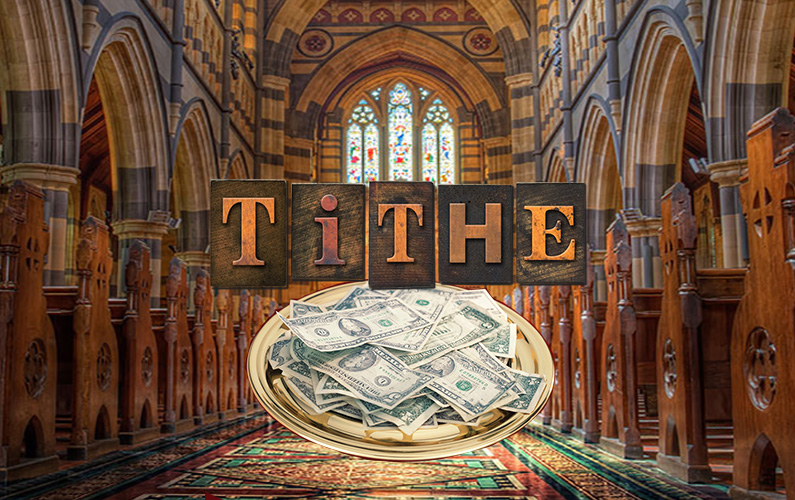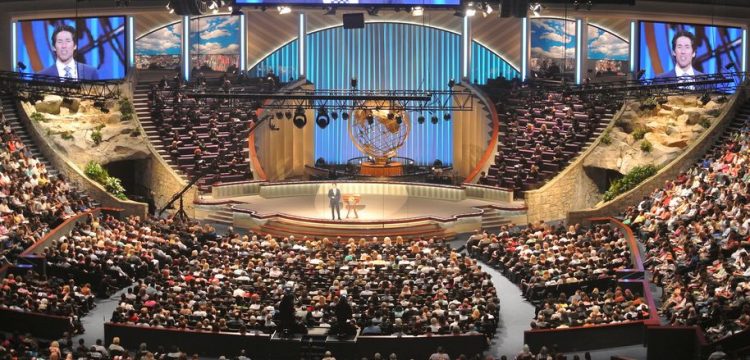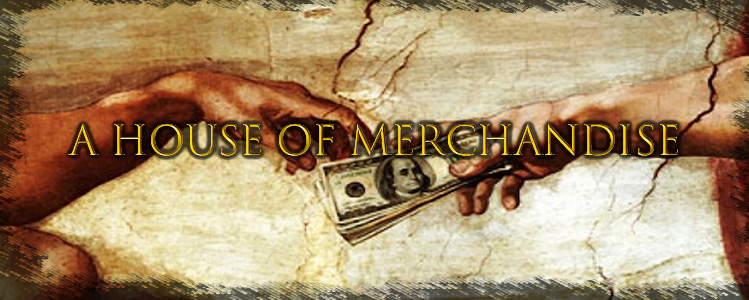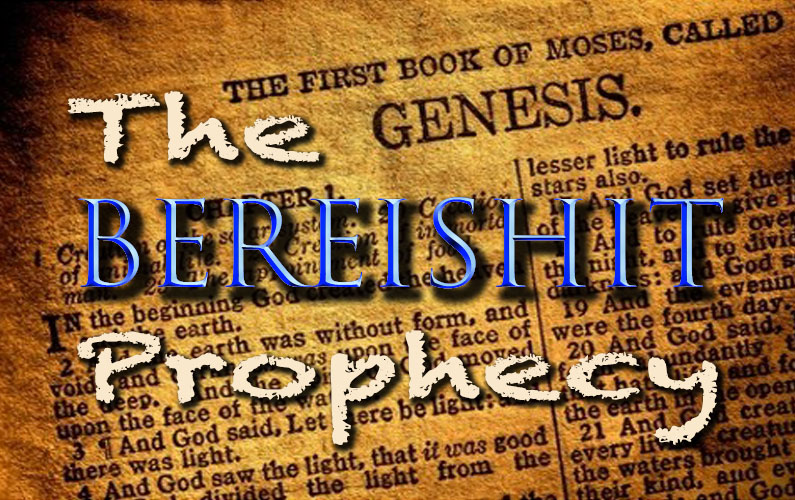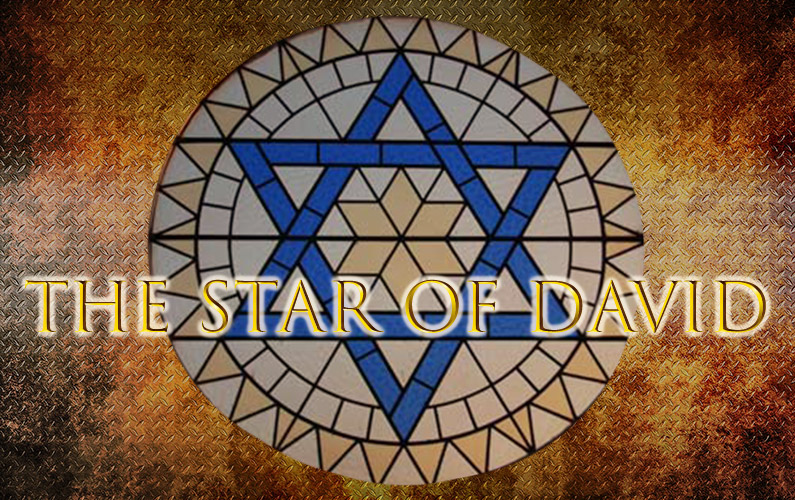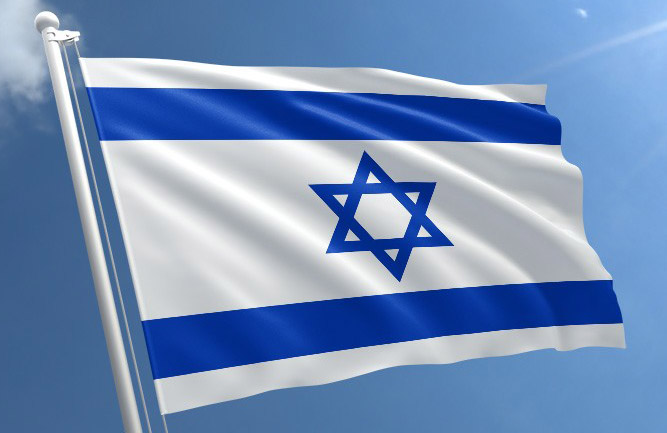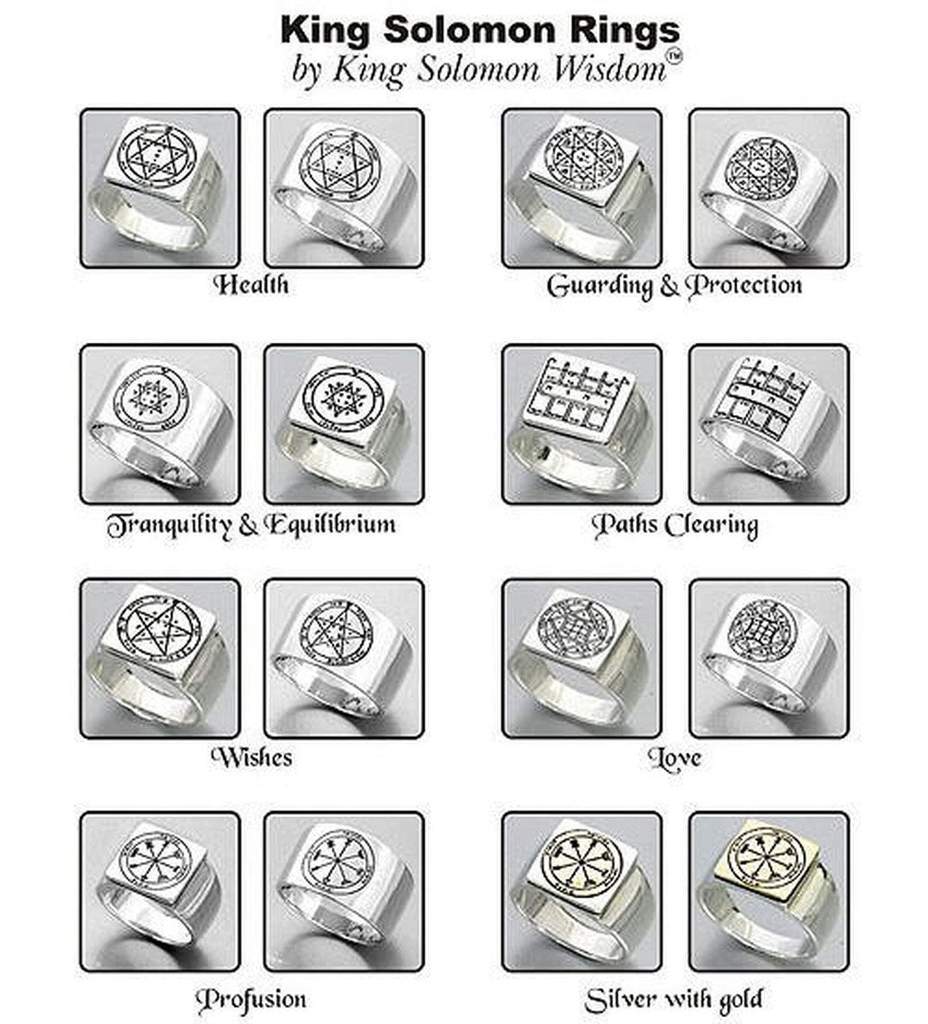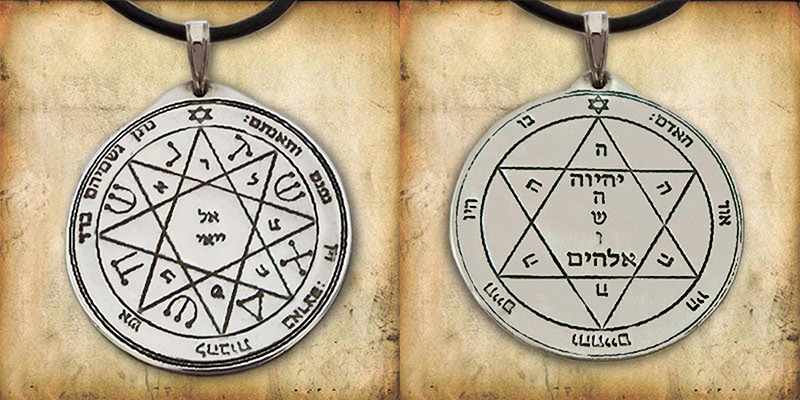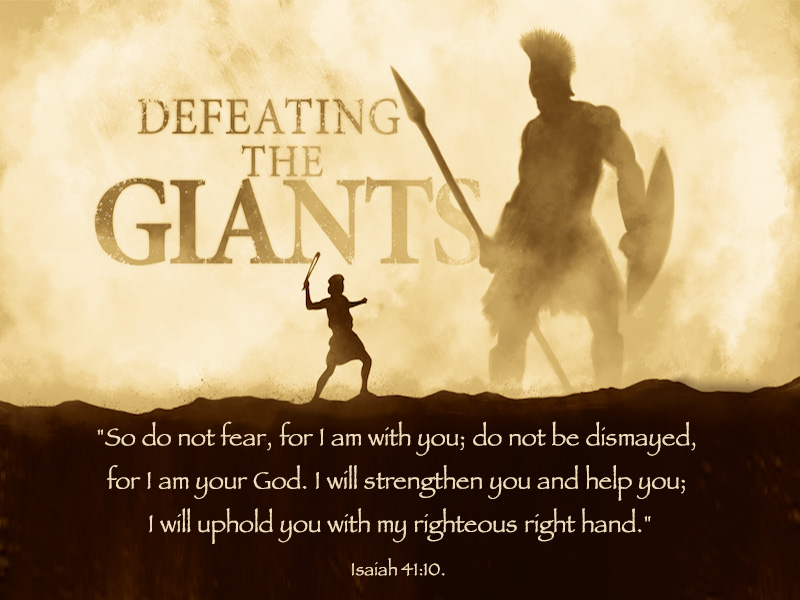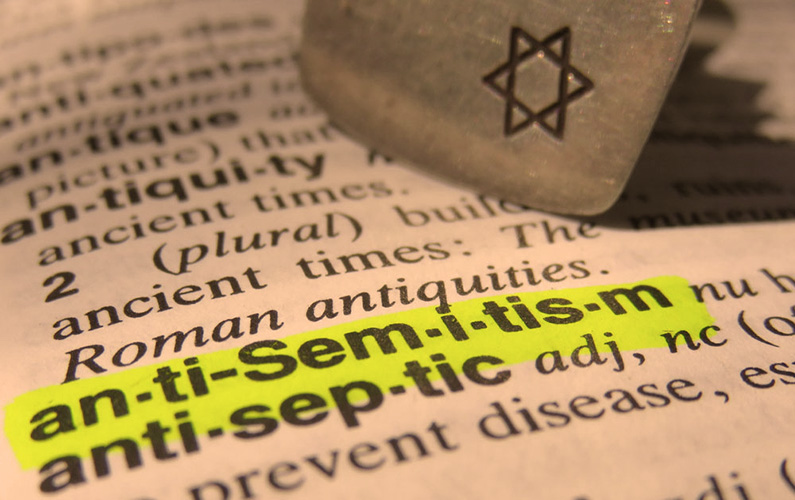
Christian Zionism – part 1
Christian Zionism – part 1
Jewish Opposition to Zionism
There should be no doubt in anyones mind that the Jewish people have endured tremendous persecution throughout the ages and persists to this day. It appears to me though that most of today’s anger towards the Jewish people revolves around the land of Israel and the conflict with the displaced Palestinian people.
On closer investigation into the term ‘antisemitism’ I discovered that there are many angles of attack that all seem to be branded as ‘antisemitic.
I have included below some content which sets out to describe what ‘antisemitism’ is and it’s many disguises in the world today – articles by Ellen Wexler and Rabbi Sacks.
What I find the most interesting, is to find how outspoken the religious sector of Judaism is with regards to the state of Israel and its legitimacy to exist – refer videos.
My interest in this topic is solely from the perspective of understanding Scriptural Truth and not any political agenda or interest,
Before continuing, the reader needs to remember that the Jewish people do not recognise the Renewed Covenant i.e. the New Testament, and therefore any understanding of the New Testament believer pertaining to the future land of Israel and the city of Jerusalem should differ greatly from that of the Jew. For instance the book of Revelation reveals that the New Jerusalem is the ‘Bride’ of Yahushua and is not a reference to a section of land in Israel called Jerusalem. This is how Bible scholars should see the future Jerusalem anyway – emphasis on ‘future’.
The same principle applies to Israel. When one unpacks the story of Jacob’s name change to Israel then one discovers who New Testament Israel is. This is a reference to those people who have wrestled with their flesh nature, which opposes righteousness, and have overcome their flesh nature to submit wholly to the will of the Almighty.
There is much more detail/Scripture to back this claim up but I do not want to digress here.
Having said the above, all New Testament believers in the Messiah should understand and recognise the Jewish people as our lost brother. After all Jacob had twelve sons which eventually split up into the two separate kingdoms – North and South. The majority on New Testament Believers/Christians are seen as the lost Northern house/kingdom – the ‘Prodigal son’.
New Testament believers are the wild olive which has been grafted into the olive tree – Romans chapter 11:
For if the casting away of them be the reconciling of the world, what shall the receiving of them be, but life from the dead?
For if the firstfruit be holy, the lump is also holy: and if the root beholy, so are the branches.
And if some of the branches be broken off, and thou, being a wild olive tree, wert graffed in among them, and with them partakest of the root and fatness of the olive tree;
Boast not against the branches. But if thou boast, thou bearest not the root, but the root thee.
Thou wilt say then, The branches were broken off, that I might be graffed in.
Well; because of unbelief they were broken off, and thou standest by faith. Be not highminded, but fear:
For if God spared not the natural branches, take heed lest he also spare not thee.
Behold therefore the goodness and severity of God: on them which fell, severity; but toward thee, goodness, if thou continue in hisgoodness: otherwise thou also shalt be cut off.
And they also, if they abide not still in unbelief, shall be graffed in: for God is able to graff them in again.
For if thou wert cut out of the olive tree which is wild by nature, and wert graffed contrary to nature into a good olive tree: how much more shall these, which be the natural branches, be graffed into their own olive tree?
Romans 11:15-24
Romans chapter 2 defines who a New Testamnet Jew is:
For he is not a Jew, which is one outwardly; neither is thatcircumcision, which is outward in the flesh:
But he is a Jew, which is one inwardly; and circumcision is that of the heart, in the spirit, and not in the letter; whose praise is not of men, but of God.
Romans 2:28-29
Following my investigation into the term ‘antisemitism’ it does appear to me that this label would be applied to anyone who criticises or maligns anything to do with Jewishness, whether it be Judaism as a religion or Israel as a country. It has become equally apparant to me that the more religious group of Jewish people i.e. the vast majority of Torah observers, are very critical of the existance of Israel as a sovereign country. A quick search on ‘Google’ images of ‘Jews against Zionism’ will reveal how big this opposition is.
Many Christians and others would probably think that most Jews are united in their view concerning the land of Israel today. This is however not the case. According to the statements made by the Rabbis in the video material provided It appears that mostly secular Jews are the patriotic people.
There are many Christian church groups and organisations who stand in support of Isreal as a sovereign state and believe that the formation of Israel as a country is the fulfilment of Biblical prophecy. The vast majority of religious Rabbis it seems, would disagree with this view.
My view is that the Father is Almighty and Sovereign. It is clear that He has allowed the formation of Israel as a country and Jerusalem as it’s capital city. Whether it appears to be legitimate or not to us, it is clearly the will of the Almighty for this time. The New Testamant Scripture reveals a change though, which is soon coming. Until that time comes we are faced with the world as it is – in it’s fallen state.
I would like to express my view that I am against any human rights abuse, or the persecution of any indiviual or group, based on either their ethnicity or religion. We must embrace the teaching of our Messiah Y’Shua in that he did not come the first time 2000 years ago to judge but rather to set free. The time for judgement is coming when Y’Shua will judge all people as the King of Kings and Master of Masters.
Until then let us keep our peace and pursue righteousness in our own lives.
I have provided you with some material below to enlighten you and possibly broaden your traditional view on this subjcet.
After reading the following and watching the video footage – You decide.
The Semantics of Anti-Semitism
BY ELLEN WEXLER
In the late 1800s, a German writer and political agitator named Wilhelm Marr published a pamphlet called “The Way to Victory of Judaism over Germanism.” The idea was that Jews and Germans were locked in perpetual conflict, which could only end, Marr worried, with one group’s victory over the other. And the Jews were ahead.
Today, Marr is credited with coining the term “anti-Semitism.” Compared to previously existing words, anti-Semitism “was meant to be a kind of technical term,” says Ken Jacobson, deputy national director of the Anti-Defamation League. It described an attitude based on ideas about Jews as a race, and it was intended to foster a scientific basis for hatred.
But since Marr’s time, the term “anti-Semitism” has evolved. As scholarship on the subject grew, the available vocabulary expanded. Today, its definition—and its boundaries—are uncertain. “Anti-Semitism” is but one of a convoluted, interconnected web of similar words—including “anti-Judaism,” “anti-Zionism,” “Judeophobia” and “Zionophobia.”
What, for instance, is the difference between “anti-Semitism” and “anti-Judaism”? David Nirenberg, author of Anti-Judaism: The Western Tradition, makes a nuanced distinction: Anti-Semitism takes aim at real Jews, while anti-Judaism opposes a broader system of thought. When the word “Judaize” first appeared in a conversation between the New Testament’s Paul and Peter, it referred to Christians who wanted—mistakenly—to observe Jewish laws. For early Christians, Judaism became associated with a misguided set of beliefs: taking something too literally, or placing too much emphasis on the law. Over the years, anti-Judaism took on a broader meaning: Someone could be accused of acting like a Jew for displaying greed or lending money. “If you read any source about the economy, say, from roughly the 12th century to the present,” says Nirenberg, “people are constantly talking about certain forms of relationship to money, certain uses of money, as being Jewish.” These prejudices played out everywhere from Shakespeare to Marx. The hatred of Judaism, and the need to fight against it—even in communities that had never met a Jew—became a constant in Western culture.
Some historians see anti-Judaism as a religious prejudice and anti-Semitism as a racial prejudice. But this framework is contentious. “The distinction that’s made between anti-Judaism and anti-Semitism is a fallacious one,” says Brown University professor David Kertzer, who has written extensively on the Vatican’s role in modern anti-Semitism. In 1987, Pope John Paul II commissioned an investigation into this matter. The verdict was that, while the church had promoted anti-Judaism—or prejudice based in religion—it had not encouraged anti-Semitism. But “this narrative, while comforting,” says Kertzer, has no basis in reality. The church “had been involved in modern anti-Semitism right from the very beginning,” and Nazi messaging relied heavily on Christian imagery.
“Anti-Semitism” is but one of a convoluted, interconnected web of similar words.
After the Holocaust, the world’s conception of anti-Semitism changed. When the horrors of the Holocaust became known, overt prejudice was no longer publicly acceptable. “People refrained for quite awhile,” says Jacobson. “But then along came this convenient thing, the State of Israel.” With the new country came a new vocabulary; words like anti-Zionism and anti-Israel entered the lexicon. In some cases, these prejudices drew on older ones: Criticizing the young country became “a convenient cover for those who had anti-Semitic attitudes but didn’t want to be seen that way.”
Still, “we hardly ever simply say that any criticism of Israel is anti-Semitism,” Jacobson adds. “That’s absurd.” In fact, before Israel’s founding, many mainstream Jews were anti-Zionist—some Orthodox Jews feared Zionism’s secular focus, while some Reform Jews preferred to focus on a worldwide Jewish community—and some Jews, for various reasons, still identify this way. But when contemporary groups, Jewish or secular, reject Zionism, they are often labeled anti-Semitic.
Today, debates about anti-Zionism are fraught—“Is Anti-Zionism Anti-Semitism?” headlines ask—and the line between political critique and outright prejudice is hazy. “I don’t think the criticism of Israel today is necessarily anti-Jewish or anti-Semitic,” says Nirenberg. But if critiquing Israel becomes “a particularly important part of overcoming evil in the world,” he adds, “you have to ask yourself why.” Jacobson says there’s legitimate criticism of Israel, there’s criticism obviously motivated by prejudice—and then there’s everything in the middle, where the distinctions are harder to parse. The Boycott, Divestment and Sanctions (BDS) movement sometimes falls into this third category, he says. “Many people behind BDS are anti-Semitic, but that doesn’t mean everyone who supports BDS is anti-Semitic.”
Judea Pearl, an Israeli-American computer science professor at UCLA, rejects that framework. “It is a grave mistake,” he says, “to calibrate the evils of anti-Zionism by the extent to which it resembles, or leads to, or encourages anti-Semitism, as if anti-Zionism is the lesser of the two evils.” In recent years, Pearl, whose son, Daniel, was murdered by Pakistani terrorists in 2002, has been pushing a new term: “Zionophobia,” which he defines as “the irrational fear of Zionism.” For Pearl, the word describes not just a political stance, but an immoral one: denying Jewish nationhood and self-determination. “Islamophobia” already holds a place in the public discourse, and he hopes that Zionophobia will be seen in a similar light. It “reminds us that religion does not have a monopoly on human sensitivity, and that Zionism has a moral dimension to it.”
With the addition of “phobia,” prejudices are framed as psychological phenomena. In 1882, Russian writer and activist Leon Pinsker used the term “Judeophobia,” which he considered a psychological disorder—specifically, a “psychic aberration”—that could be inherited and could not be cured. Still, for the most part, describing prejudice using the language of phobias is a modern phenomenon, related to psychology’s cultural dominance in the 20th century, says Jacobson.
The history of prejudice against Jews is complex, and so is the language we use to describe it. Most of the time Jacobson sticks with “anti-Semitism.” But even then, he says, “one has to use it sparingly and appropriately.”
https://momentmag.com/semantics-anti-semitism/
Anti-Zionism is the new anti-Semitism
(Rabbi Sacks writes for Newsweek)
On March 27, speaking to the Sunday Times, former Archbishop of Canterbury Rowan Williams expressed his concern at rising levels of anti-Semitism on British university campuses. There are, he said, “worrying echoes” of Germany in the 1930s. Two days later, in The Times, Chris Bryant, the Shadow Leader of the House of Commons and a senior member of the British Labour party, warned that the political left was increasingly questioning the right of the state of Israel to exist, a view he called a “not too subtle form of anti-Semitism.”
Across Europe, Jews are leaving. A survey in 2013 by the European Union Agency for Fundamental Rights showed that almost a third of Europe’s Jews have considered emigrating because of anti-Semitism, with numbers as high as 46 percent in France and 48 percent in Hungary.
Nor is this a problem in Europe alone. A 2015 survey of North American Jewish college students by Brandeis University found that three-quarters of respondents had been exposed to anti-Semitic rhetoric. One third had reported incidents of harassment because they were Jewish. Much of the intimidation on campus is stirred by “Israel Apartheid” weeks and the BDS (Boycott, Divestment and Sanctions) campaign against Israel. These have become what Easter was in the Middle Ages, a time for attacks against Jews.
Something is clearly happening, but what? Many on the left argue that they are being wrongly accused. They are not against Jews, they say, only opposed to the policies of the state of Israel. Here one must state the obvious. Criticism of the Israeli government is not anti-Semitic. Nor is the BDS movement inherently anti-Semitic. Many of its supporters have a genuine concern for human rights. It is, though, a front for the new anti-Semitism, an unholy alliance of radical Islamism and the political left.
What then is anti-Semitism? It is not a coherent set of beliefs but a set of contradictions. Before the Holocaust, Jews were hated because they were poor and because they were rich; because they were communists andbecause they were capitalists; because they kept to themselves and because they infiltrated everywhere; because they clung tenaciously to ancient religious beliefs and because they were rootless cosmopolitans who believed nothing.
Anti-Semitism is a virus that survives by mutating. In the Middle Ages, Jews were hated because of their religion. In the 19th and 20th centuries they were hated because of their race. Today they are hated because of their nation state, Israel. Anti-Zionism is the new anti-Semitism.
The legitimization has also changed. Throughout history, when people have sought to justify anti-Semitism, they have done so by recourse to the highest source of authority available within the culture. In the Middle Ages, it was religion. In post-Enlightenment Europe it was science. Today it is human rights. It is why Israel—the only fully functioning democracy in the Middle East with a free press and independent judiciary—is regularly accused of the five crimes against human rights: racism, apartheid, crimes against humanity, ethnic cleansing and attempted genocide. This is the blood libel of our time.
Anti-Semitism is a classic example of what anthropologist René Girard sees as the primal form of human violence: scapegoating. When bad things happen to a group, its members can ask two different questions: “What did we do wrong?” or “Who did this to us?” The entire fate of the group will depend on which it chooses.
If it asks, “What did we do wrong?” it has begun the self-criticism essential to a free society. If it asks, “Who did this to us?” it has defined itself as a victim. It will then seek a scapegoat to blame for all its problems. Classically this has been the Jews.
Today the argument goes like this. After the Holocaust, every right-thinking human being must be opposed to Nazism. Palestinians are the new Jews. The Jews are the new Nazis. Israel is the new crime against humanity. Therefore every right thinking person must be opposed to the state of Israel, and since every Jew is a Zionist, we must oppose the Jews. This argument is wholly wrong. It was Jews not Israelis who were murdered in terrorist attacks in Toulouse, Paris, Brussels and Copenhagen.
Anti-Semitism is a form of cognitive failure. It reduces complex problems to simplicities. It divides the world into black and white, seeing all the fault on one side and all the victimhood on the other. It singles out one group among a hundred offenders for the blame. It silences dissent and never engages in self-criticism. The argument is always the same. We are innocent; they are guilty. It follows that if we—Christians, members of the Aryan race or Muslims—are to be free, they, the Jews, or the state of Israel must be destroyed. That is how the great crimes begin.
Jews have been hated because they were different. They were the most conspicuous non-Christian minority in pre-World War Christian Europe. Today they are the most conspicuous non-Muslim presence in an Islamic Middle East. Anti-Semitism has always been about the inability of a group to make space for difference. No group that adopts it will ever create a free society.
The hate that begins with Jews never ends with Jews. In a world awash with hate across religious divides, people of all faiths and none must stand together, not just to defeat anti-Semitism but to ensure the rights of religious minorities are defended everywhere.
History will judge us by how we deal with this challenge. We must not fail.
The following videos are listed from the shortest (8.37min) to the longest (1hr29).
The 70th Palestinian Nakba Day – The Jewish perspective
Jews Worldwide Mourn 70 Years Existence of ‘Israel’ A Rebellion against the Almighty And a Disaster for Humanity
Rabbi Dovid Weiss:
Zionism has created ‘rivers of blood’ | Talk to Al Jazeera
The Jewish scholar explains why Zionism and Judaism are not necessarily the same thing and why he believes that Israel as a state is not legitimate.
Rabbi Dovid Weiss on Judaism, Israel and Zionism.
Rabbi Yisroel Dovid Weiss speaks about Judaism, Israel and Zionism. He shares the view that the state of Israel goes against the teachings of the Torah and that Judaism has been used and manipulated for political aims at the expense of the Palestinian people.
A documentary interview with Rabbi Yisroel Dovid Weiss and Rabbi Moshe Dov Beck.
The documentary film is about the connection and differences between Judaism and Zionism.
Donna Nevel Zionism vs Antisemitism
Criticism of Israel, or of Zionism, which is an ideology, has become rampant, leading to accusations of anti-Semitism. A discussion between a jewish activist and a Jewish radio host, challenging labels of Anti-Semitism because people criticize Israel or advocate for BDS
Additional reading from the Rabbis:
Neturei Karta
The Rabbis Speak Out:
The 130 Year Record of Religious Jewish Opposition to Zionism
JUDAISM AND ZIONISM ARE NOT THE SAME THING
WHAT IS ZIONISM? JUDAISM VERSUS ZIONISM
WHY ORTHODOX JEWS ARE OPPOSED TO A ZIONIST STATE
THE GREAT GULF BETWEEN ZIONISM AND JUDAISM
True Torah Jews

